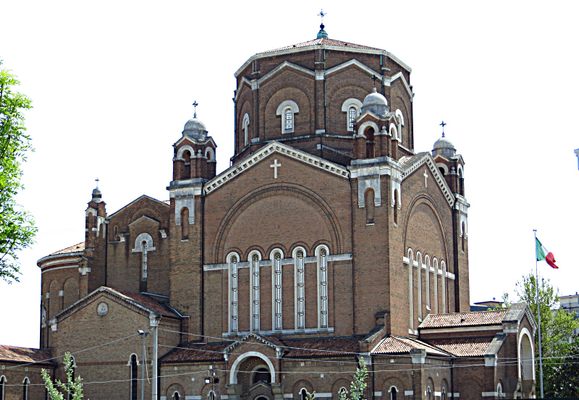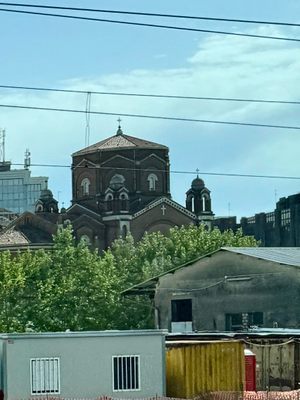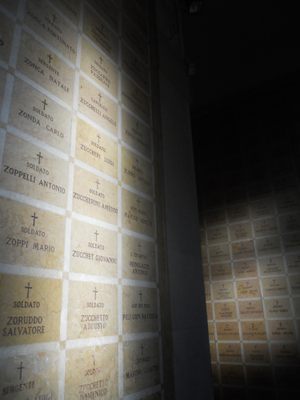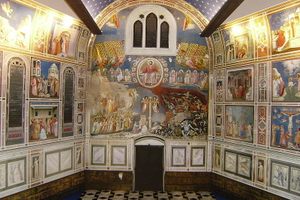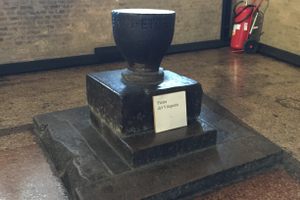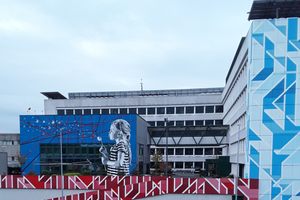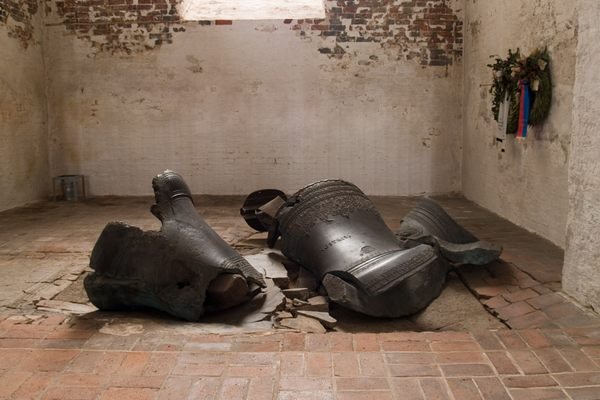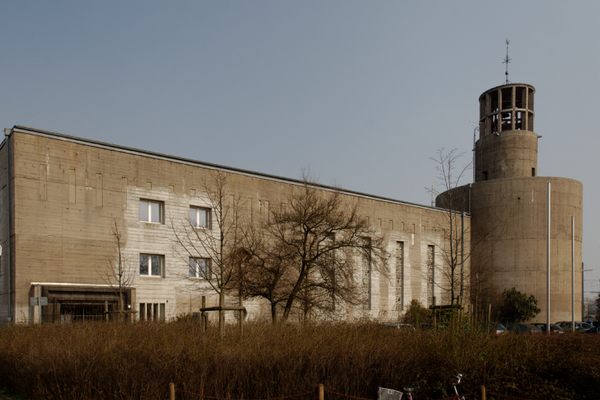About
After the Battle of Caporetto in 1917 during World War I, Austro-Hungarian troops quickly invaded northeastern Italy. They posed a menacing threat to the large cities in Veneto, such as Venice, Verona, Vicenza, and Padua. Encouraged by a local newspaper, the people of Padua made a vow that they would build a new church for their patron, Saint Anthony, if the battlefront stopped short of reaching the city.
Luckily for the Paduans, the war remained on the Asiago Plateau just a few kilometers from the city. As soon as the war ended, plans for a new church were underway and the first stone was laid in 1920. Construction was briefly halted due to a lack of funds but was completed in 1934 thanks to some financial help from the central government. However, this aid came with one condition: the church had to serve as an ossuary for those who perished during the war. In 1943 during a bombardment, the church was heavily damaged. It was repaired and reopened in 1949.
The church is located on a busy road near the train station. The building features a Neo-Romanesque style that stands out among the modern buildings. An atrium inside is the final resting place for thousands of victims from both world wars.
There are also two small chapels on the property, one dedicated to Mary and the other to Saint Anthony. The official name of the church is Chiesa del Santissimo Nome di Gesù (Church of the Holy Name of Jesus), but is more commonly known as the Tempio della Pace (Temple of Peace).
Related Tags
Published
February 7, 2020
